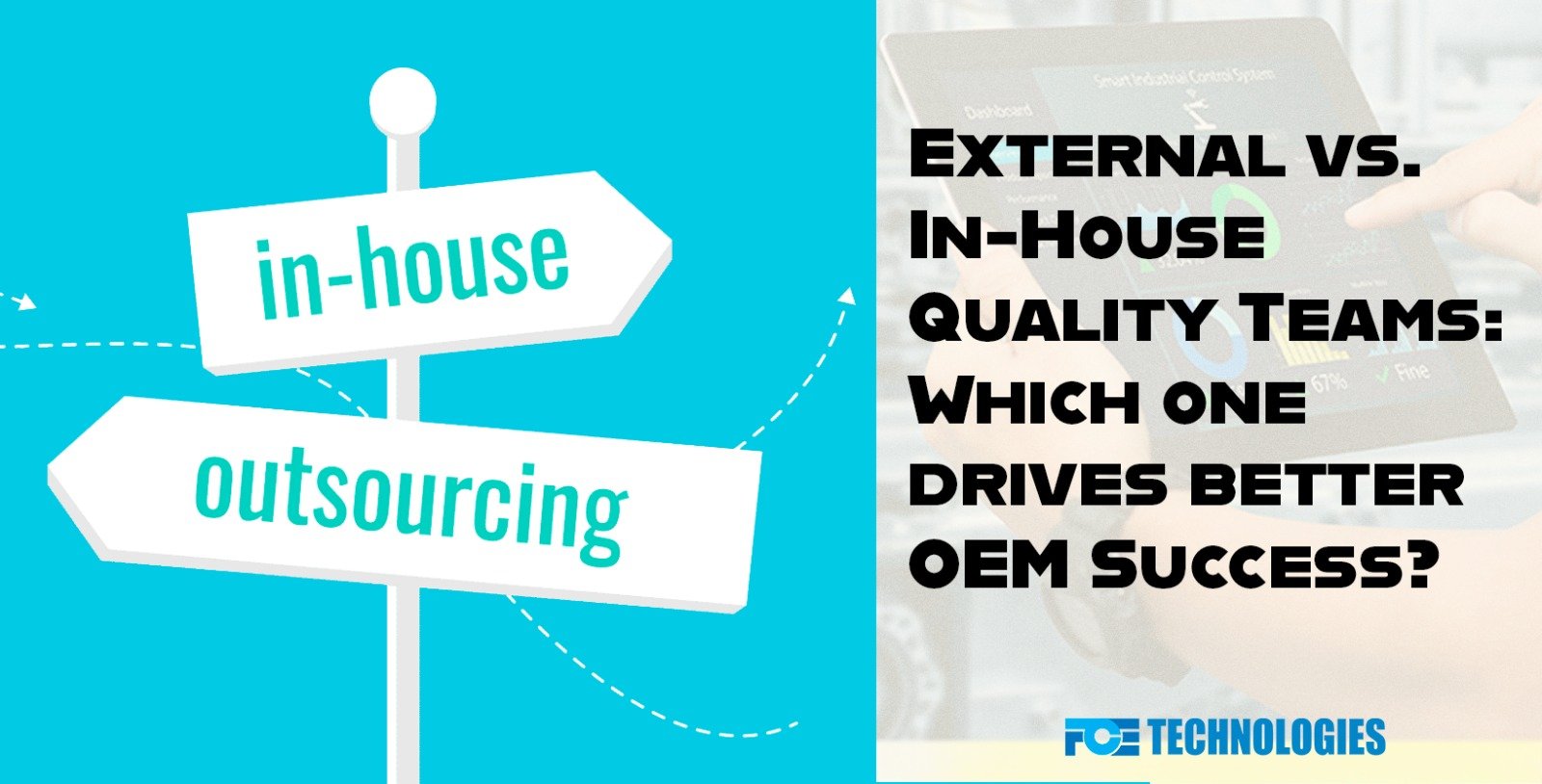Maintaining high quality and compliance standards is essential for manufacturers aiming to thrive in a competitive market. Third-party sorting, product testing, and inspection services offer a robust solution to ensure product excellence and operational efficiency. This blog explores the key benefits of these services and why they are indispensable for modern manufacturers.
1. Unbiased Quality Assessment
One of the primary benefits of third-party sorting and inspection is the provision of an unbiased evaluation of product quality. Third-party providers operate independently from the manufacturer, offering objective assessments without the internal pressures or biases that might affect in-house quality control teams.
Benefits:
- Objective Analysis: Independent evaluations provide a true reflection of product quality.
- Enhanced Credibility: Third-party validation adds credibility to quality claims, building trust with customers and stakeholders.
- Reduced Risk of Overlooking Defects: External inspectors are more likely to identify defects that internal teams might miss due to familiarity or complacency.
2. Access to Specialized Expertise
Third-party service providers bring a wealth of specialized expertise in product testing and inspection. They are equipped with the latest technologies and methodologies to perform comprehensive quality assessments.
Benefits:
- Advanced Techniques: Utilize cutting-edge testing and inspection technologies that might be too costly for in-house implementation.
- Experience and Knowledge: Leverage the experience of professionals who are well-versed in industry standards and best practices.
- Efficient Problem-Solving: Quickly identify and address quality issues, minimizing disruptions to production.
3. Enhanced Efficiency and Focus
Outsourcing sorting and inspection tasks to third-party providers allows manufacturers to focus on core competencies while ensuring that quality control processes are handled efficiently.
Benefits:
- Operational Efficiency: Reduces the burden on internal teams, allowing them to concentrate on production and innovation.
- Resource Optimization: Frees up internal resources that can be redirected towards other critical business functions.
- Scalability: Easily scale sorting and inspection efforts up or down based on production needs without the need for significant investments in infrastructure.
4. Cost-Effective Quality Control
Third-party sorting and inspection services can be more cost-effective than developing and maintaining in-house capabilities. They offer flexible solutions that can be tailored to specific needs and production volumes.
Benefits:
- Reduced Overheads: Lower costs associated with hiring, training, and maintaining an internal quality control team.
- Flexible Pricing: Pay for services as needed, without the long-term commitments and fixed costs of in-house operations.
- Minimized Waste: Early detection of defects reduces waste and rework costs, enhancing overall profitability.
5. Improved Compliance and Risk Management
Third-party providers are well-versed in regulatory requirements and industry standards. They help manufacturers ensure compliance with all relevant regulations, minimizing the risk of costly fines and legal issues.
Benefits:
- Regulatory Expertise: Stay updated with the latest regulations and standards without the need for internal specialists.
- Reduced Legal Risks: Ensure products meet all compliance requirements, reducing the likelihood of recalls and legal disputes.
- Audit Preparedness: Provide thorough documentation and evidence of compliance for audits and certifications.
6. Enhanced Customer Satisfaction
High-quality products lead to higher customer satisfaction and loyalty. Third-party sorting and inspection services help ensure that only top-quality products reach the market, enhancing the overall customer experience.
Benefits:
- Consistent Quality: Maintain consistent product quality, leading to fewer returns and complaints.
- Brand Reputation: Build a strong reputation for quality and reliability, attracting repeat customers and positive reviews.
- Competitive Advantage: Differentiate from competitors by consistently delivering superior products.
7. Continuous Improvement
Engaging third-party sorting and inspection services provides valuable insights into potential areas for improvement. This feedback loop helps manufacturers continuously enhance their processes and product quality.
Benefits:
- Identify Trends: Detect recurring defects or issues, enabling proactive measures to address underlying causes.
- Implement Best Practices: Gain insights into industry best practices and innovations through external expertise.
- Foster Innovation: Use feedback to drive improvements and innovation in product design and manufacturing processes.
Conclusion
Third party sorting, product testing, and inspection services offer a multitude of benefits for manufacturers, from unbiased quality assessments and specialized expertise to cost savings and improved compliance. By leveraging these services, manufacturers can ensure that their products meet the highest standards of quality and reliability, ultimately leading to enhanced customer satisfaction and a stronger market position. Investing in third-party quality services is a strategic move that drives operational efficiency, reduces risks, and supports continuous improvement in the manufacturing process.







